Techniques for Finding Gold
Techniques for Finding Gold
Finding Gold in gold country, it isn’t particularly difficult to find an old gold mine. There are thousands of mines scattered around the countryside, many of which have been abandoned for hundreds of years In Europe and Africa there are abandoned mines that date back thousands of years. And there are easily thousands more small prospects that can be located.
Why Were the Gold Mines Abandoned?
These old mines were abandoned for a large variety of reasons. Sometimes they were simply mined out, having most of the gold mined out of them to a point where they were no longer profitable to work.
Sometimes, a mine became profitable due to the price of gold at the time. Remember that during the early gold rushes, gold was only worth around $19 per ounce. And cost of living in the old mining camps was very expensive. Supplies were brought in from far-away cities and the price of food, tools, and basic supplies were extremely high, especially in the more remote camps. A mine needed to produce a lot of gold to be worth mining. If they weren’t exceptionally rich, they were often abandoned to search for richer ground.
Whatever the reason, there is potential for finding gold at these old mines today, but you have to know how to look for it.
How to Search for Gold at Old Mines
Using a metal detector is a good way to search for gold at old mines, assuming that the gold is in large enough chunks that a detector will sound off on them.
At many mines, the gold was very small, and could only be accumulated by running it through a stamp mill and processing the fine specks of gold dust. Other times, gold extraction requires cyanide leaching to release gold from ore. At these mines, it is rarely worth the prospectors time to search for gold.
Do some research and determine if the gold at the mine was free-milling type gold that formed in gold veins. Old geological reports will help you to determine this. Sometimes old newspaper articles will reference the value or type of gold that is being found at these mines. Any tips that can help you to locate gold nuggets large enough to find with a metal detector are usually the best option.
You can also use traditional mining methods to search for fine gold in the ores. Use a classifier to accumulate a few buckets of fine material and take it down to the nearby creek to run through a sluice box. See if any gold accumulates in the riffles.
You can also try crushing some ore samples to see if they contain any gold. Try to determine the type of material that the old-timers were mining. Also be sure to scan over ore samples with a high-frequency metal detector to see if you can locate any specimen gold.
Old mines are extremely unstable and dangerous. They can easily collapse in on themselves, so never go into an old mine shaft if you do not have the proper training to do so. It is much safer to explore the outside of the mine. Try to locate the ore piles and places where material was stored as it was taken out of the shaft. Often the opening of the mine shaft will have some ore stacked very close-by.
If you have the appropriate training and do end up going in a mine shaft, scanning the inside walls of the shaft can help you locate gold veins and pockets that may not have been visible to the early miners who lacked this technology.
Gold Prospecting
Gold prospecting is a popular hobby that people of all ages seem to enjoy because the activity gets them off their couches and provides an opportunity to spend free time outdoors. Not only do you get to stay active and enjoy nature, but you can also find buried treasure along the way!
If you don’t quite have beginner’s luck and you’re worried you won’t find anything during your first take at prospecting, you shouldn’t overthink it, and just let yourself have fun. Since there are endless places you can try prospecting, like the beach, the woods, and the river, you will never run out of locations and chances at coming across gold and other valuable items.
Advancements in technology have made this activity a lot easier. In addition to this, finding this precious metal is easier than ever since many places today are identified through articles and literature available from our mines department as potential places for gold.
With that in mind, prospecting for gold—especially as a beginner—can be made much more efficient with the proper know-how.
Before you embark on your journey of panning for gold, it’s essential to remember some tips to prevent the chances of going home empty-handed.
Use the Right Equipment
For people who are new to gold prospecting, while it’s important to have a pan with you, it would also help to bring along more gold-digging gear to guarantee you have the best time. Using the right equipment can also keep you from stressing out once you find treasure and you don’t have the right tools to dig them out.
Aside from your pan, some essential prospecting tools include a classifier, which you will use as a strainer to eliminate dirt and debris to expose your gold nugget and other finds better. You may also need glass vials to store treasure and a pair of tweezers for holding delicate gold.
If you’re planning to stay longer and you’re unsure of how the weather will hold throughout the day, wearing the proper attire and shoes will keep you dry and comfortable. For those who are worried about getting lost, ensuring your mobile phone is fully charged and bringing a GPS device will also come in handy.
Maintain Realistic Expectations
You may have heard several success stories about metal detecting and gold panning that pushed you to give in, trying out your luck on finding treasure as well. While there are people who have the biggest chance when it comes to finding gold nuggets and flakes, it’s still vital to lower your expectations, especially for someone new to prospecting.
You can’t certainly expect to become a millionaire from looking for buried gold a few times. Despite doing your research on places where there are more chances for you to find gold, you shouldn’t expect to witness vast lumps of gold right then and there.
Instead of focusing on achieving the gold you want, it’s better to appreciate the experience of relic hunting and just savour the activity while it lasts. When you do come across gold, think of it as a reward that you deserve for all your hard work.


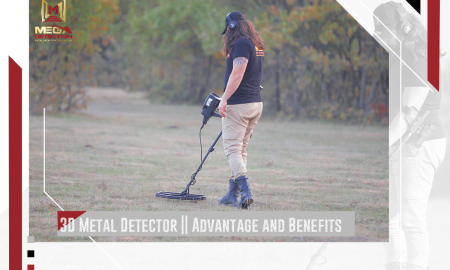

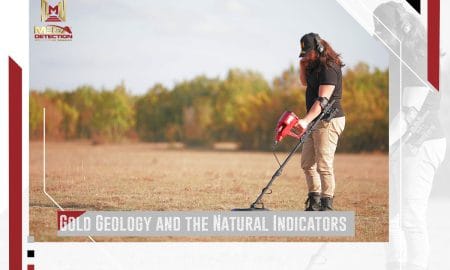


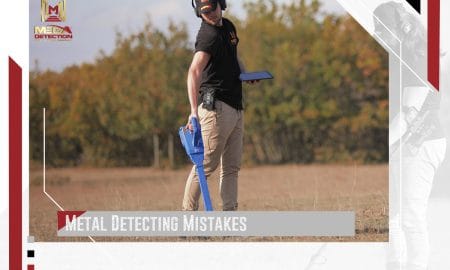
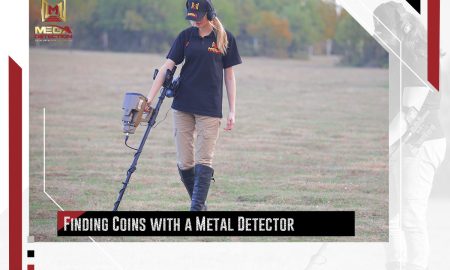

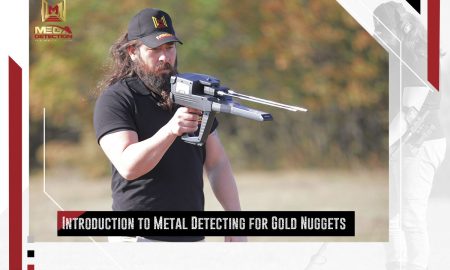

Leave a Reply